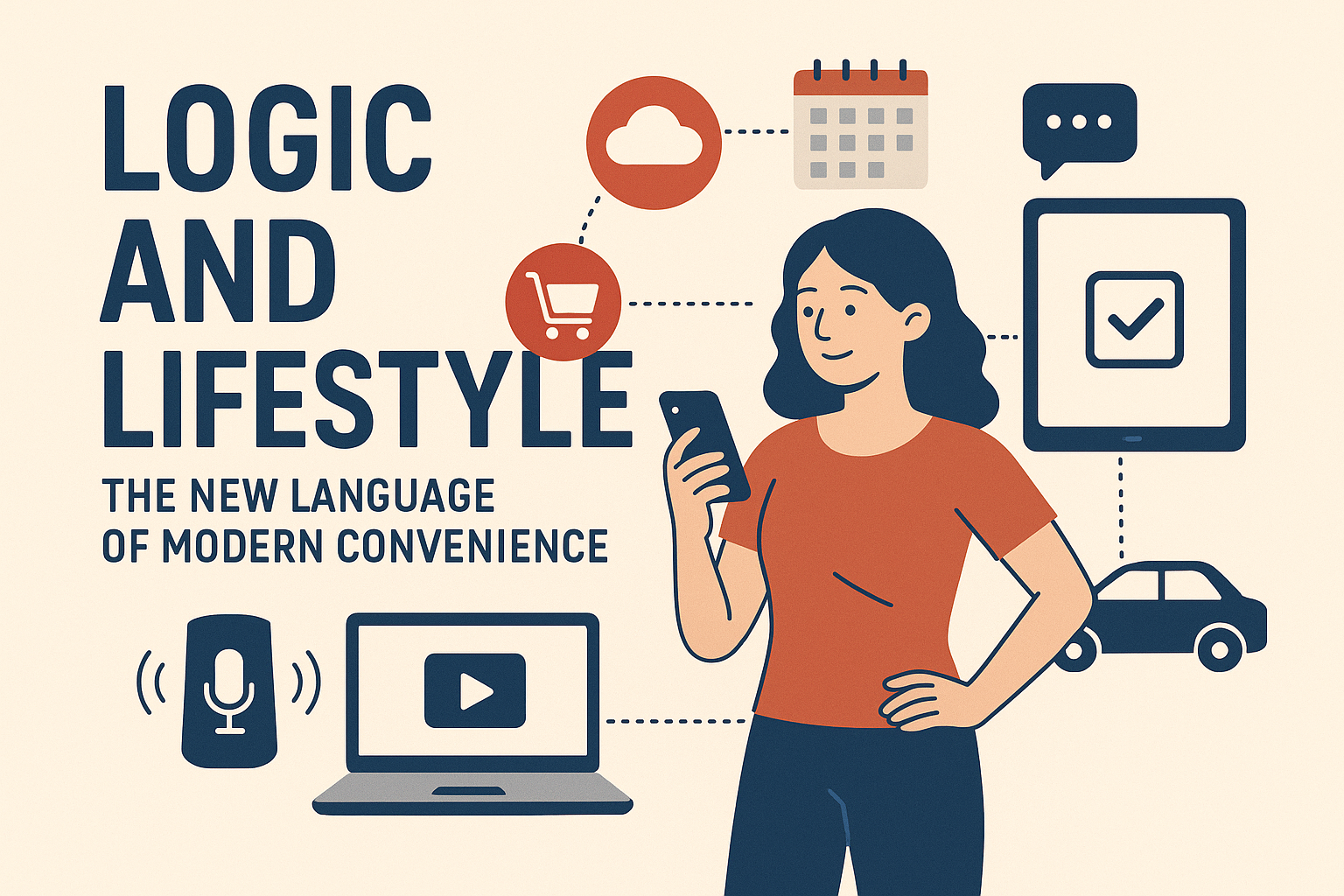Convenience has become one of the most valued luxuries of modern life. From voice-activated devices to online shopping that delivers in a day, the world now runs on systems designed to make living simpler. Yet behind every easy experience is a structure built on logic. This silent language of coordination, timing, and design is what makes modern convenience possible. It’s not just technology that drives it; it’s intelligence applied with purpose.
The Architecture of Simplicity:
What makes something convenient is not always what you see, but what you don’t. Every smooth experience, from opening a smart lock to scheduling a service, depends on a chain of small, well-timed actions working in perfect sequence. The more invisible this coordination becomes, the more effortless life feels.
At its core, convenience is an engineering achievement. Behind the comfort of automation is a framework of data and logic ensuring that each process fits neatly into another. Designers, developers, and planners have learned to combine human behavior with intelligent systems to remove unnecessary steps from daily routines. The result is simplicity that feels natural, even when it’s powered by complexity.
When Design Thinks Ahead:
The best examples of convenience are proactive. Smart systems now anticipate needs before you express them. Thermostats learn temperature preferences, digital calendars sync with traffic reports, and grocery apps remind you what’s missing before you notice it yourself. This kind of predictive design relies on logic that observes, learns, and adjusts, mirroring how people organize their own lives but with greater precision.
These systems are redefining what it means to live efficiently. Instead of reacting to problems, they prevent them. Instead of requiring constant attention, they free time for creativity, rest, and connection. Convenience, when done well, becomes more than comfort; it becomes a way of thinking.
Intelligent Coordination in Motion:
Motorcycle transport is a great example of how logical coordination turns complexity into convenience. Shipping a motorcycle used to mean long calls, scheduling conflicts, and uncertainty about safety. Now, technology has transformed that process into something smooth and predictable. Services like Minnesota motorcycle transportation use smart matching systems to connect bike owners with verified carriers already traveling similar routes. This not only saves time and money but also ensures motorcycles are handled with the same precision riders value on the road. It is convenience built on trust, data, and intelligent design, a clear sign of how logical systems make specialized services more efficient and reliable.
The New Meaning of Easy:
True convenience is not about speed alone. It’s about reducing friction, removing the unnecessary steps that slow you down. Whether it’s shipping a motorcycle, managing a home, or organizing a workday, modern systems are evolving to make effort invisible. Logic has become the foundation of lifestyle, shaping the way people organize time, make choices, and even experience satisfaction.
Convenience today is thoughtful, quiet, and purposeful. It is powered by intelligent systems that understand human rhythms and work to match them. In this balance between logic and lifestyle lies the future of simplicity: not more control, but better design that helps life flow as naturally as it should.

